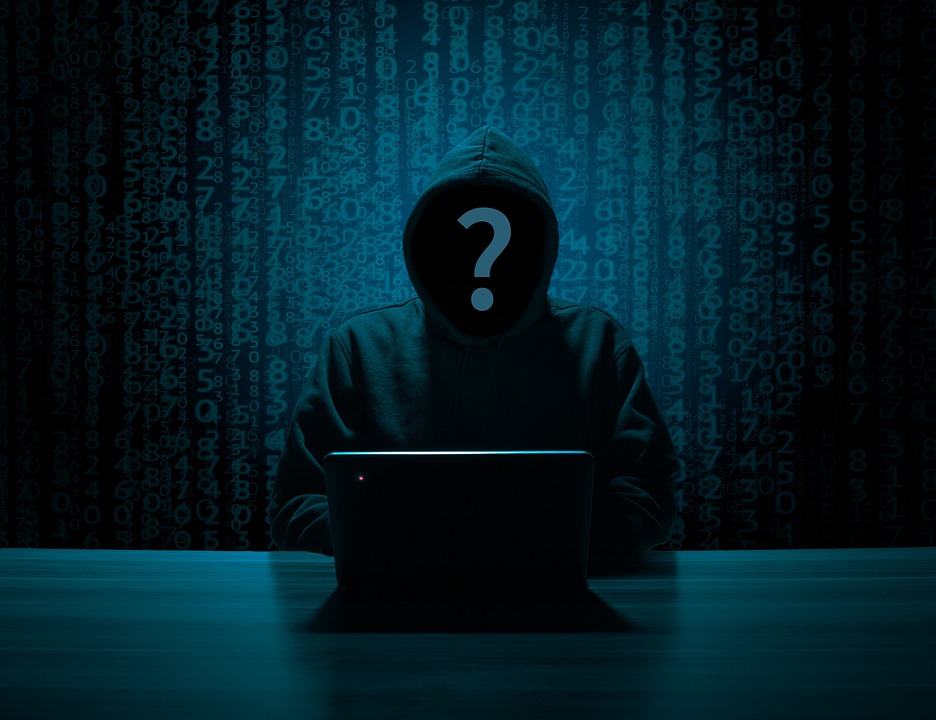How Covid-19 Changed the Game for Cybercriminals
- Anthony
- October 14, 2020
- 09:30 AM
- No Comments

The Covid-19 pandemic has had far-reaching effects for society beyond the obvious health implications and the efforts to control the spread of the virus. One major effect that was reported early on was the surge in cybercrime and, with large numbers of businesses continuing to operate from home or remote locations, the potential for long-lasting damage is high.
Covid-19: The Threats Cybercrime Poses to Businesses
An effective solution to any problem is only possible if its root causes are understood. In this article, we discuss how cybercriminals are exploiting Covid fears to manipulate and exploit businesses.
Ransomware
Ransomware has become a profitable business for cybercriminals, with many high-profile organisations falling victim in recent years. Ransomware, which encrypts a business’ vital data or threatens to leak sensitive information, often results in victims parting with significant sums of money; hackers are believed to gain over $25 million every year from this type of cybercrime.
Remote working during the pandemic has increased the likelihood of a successful ransomware attack, partly because of weaker security on home broadband connections. Also, employees are less likely to be sensitive to the risk of clicking dangerous Corona virus-themed links in emails, with scams often advertising masks, PPE, and financial support for businesses struggling to survive. In short, ransomware targets the anxiety that Covid-19 fuels.
Zoom Bombing
One winner of the Covid-19 crisis is the video conferencing software Zoom, which, by March 2020, was being used each day by more than 200 million people worldwide (up from only 10 million in December 2019).
Zoom, however, has opened many doors for cybercriminals, either by allowing access to supposedly private meetings to unleash a torrent of offensive or unwanted content, or to steal an individual’s username and password. Thousands of Zoom user IDs and passwords have become available for purchase on the dark web, often for a tiny amount of money.
Covid-19 Isn’t the Only Virus Being Spread
The World Health Organisation had barely confirmed the pandemic status of Covid-19 when malware attacks surged globally, often targeting SMEs who were struggling with keeping afloat at a time of concern and confusion.
Emails that carried malicious attachments or links to dangerous web content were the common form of attack, aiming to capitalise on the vulnerabilities of homeworking with reduced Internet security, or people’s heightened anxiety. Malware has also been detected in apps and trackers that purported to provide details about the spread of Covid-19, stealing names, addresses, and phone numbers in the process.
Securing Your Business Against Cybercrime
It’s important not to fall into the trap of believing that a resolution to the global pandemic will mean that cybercrime has lost its grip on the business world. Even before Covid-19 emerged, cybercrime was becoming more common, challenging, and complex, so your business must be fully protected against threats in whatever form they occur.
At TMB, we’re committed to safeguarding your business’ interests. From ensuring your apps are patched to closing known security loopholes, and installing the latest firewalls and antivirus software, our proactive approach ensures that, together, we stay one step ahead of the criminals. For more information on our cybersecurity solutions, please get in touch today.
Image Source: Pixabay

